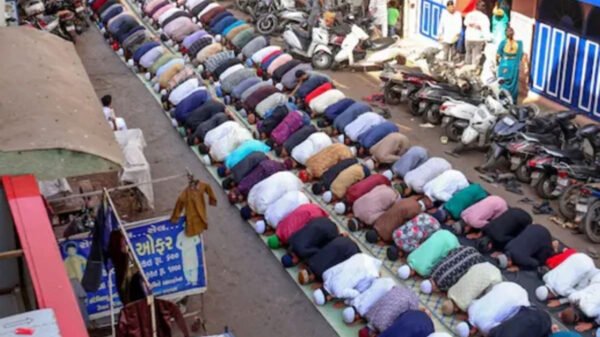Known as the “banker to the poor,” Muhammad Yunus has played a pivotal role in lifting millions out of poverty through microloans but has faced persecution from Prime Minister Sheikh Hasina’s government in recent years. A Nobel laureate and the pioneer of the global microcredit movement, Yunus could now lead Bangladesh’s new interim government following Hasina’s resignation and departure from the country.
Yunus, along with the Grameen Bank he founded, was awarded the Nobel Peace Prize in 2006 for his efforts in providing small loans—often under $100—to the rural poor, who typically struggle to attract the attention of traditional banks. This lending model has inspired similar initiatives worldwide, including Grameen America in the United States.
As his success grew, Yunus, now 84, briefly considered a political career, attempting to establish his own party in 2007. However, his ambitions were perceived as a threat by Hasina, who accused him of “sucking blood from the poor.” Critics, both in Bangladesh and abroad, including neighboring India, have raised concerns about microlenders charging excessive interest rates, profiting from the vulnerable. Yet, Yunus has countered that his rates are significantly lower than local interest rates or the 300% or more demanded by loan sharks.
In 2011, Hasina’s government removed him as head of Grameen Bank, citing that he had exceeded the legal retirement age of 60. This January, Yunus received a six-month prison sentence for labor law violations, and in June, a Bangladesh court indicted him and 13 others for allegedly embezzling $2 million from a telecom company’s workers’ welfare fund. Although he has not been jailed in either instance, Yunus is facing over 100 other cases related to graft and other charges. He denies any wrongdoing, describing the allegations as “very flimsy, made-up stories.”
In June, Yunus criticized Hasina, stating, “Bangladesh doesn’t have any politics left… There’s only one party that occupies everything, does everything, and controls the elections.” He referred to the day of Hasina’s exit as the “second liberation day” for Bangladesh, recalling its 1971 independence from Pakistan.
Currently, Yunus is in Paris for a minor medical procedure. His spokesperson announced that he has agreed to become the chief adviser of the interim government at the request of students who led the campaign against Hasina. Yunus was an economist at the University of Chittagong when famine struck Bangladesh in 1974, prompting him to seek better solutions for the country’s impoverished rural population.










